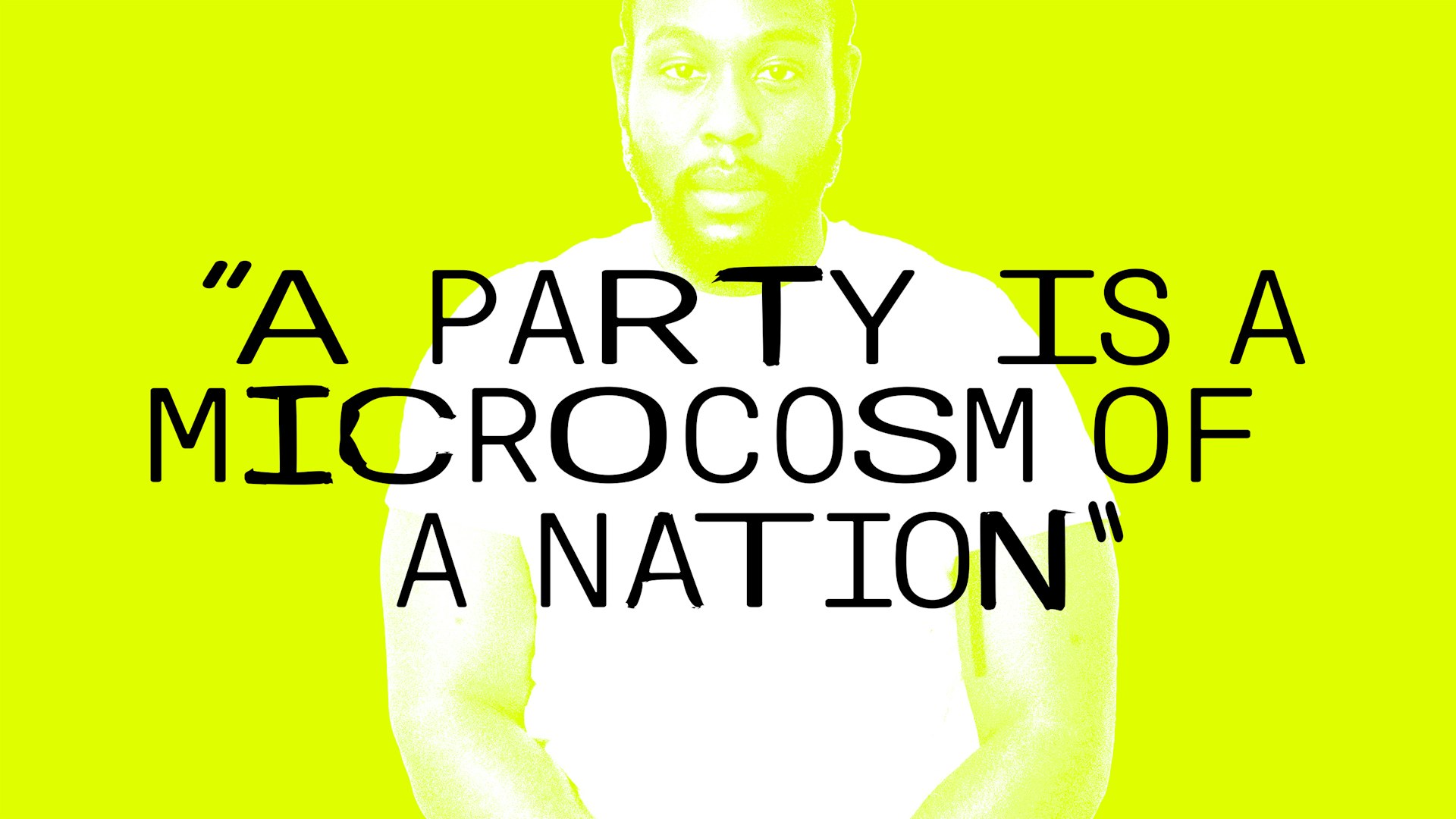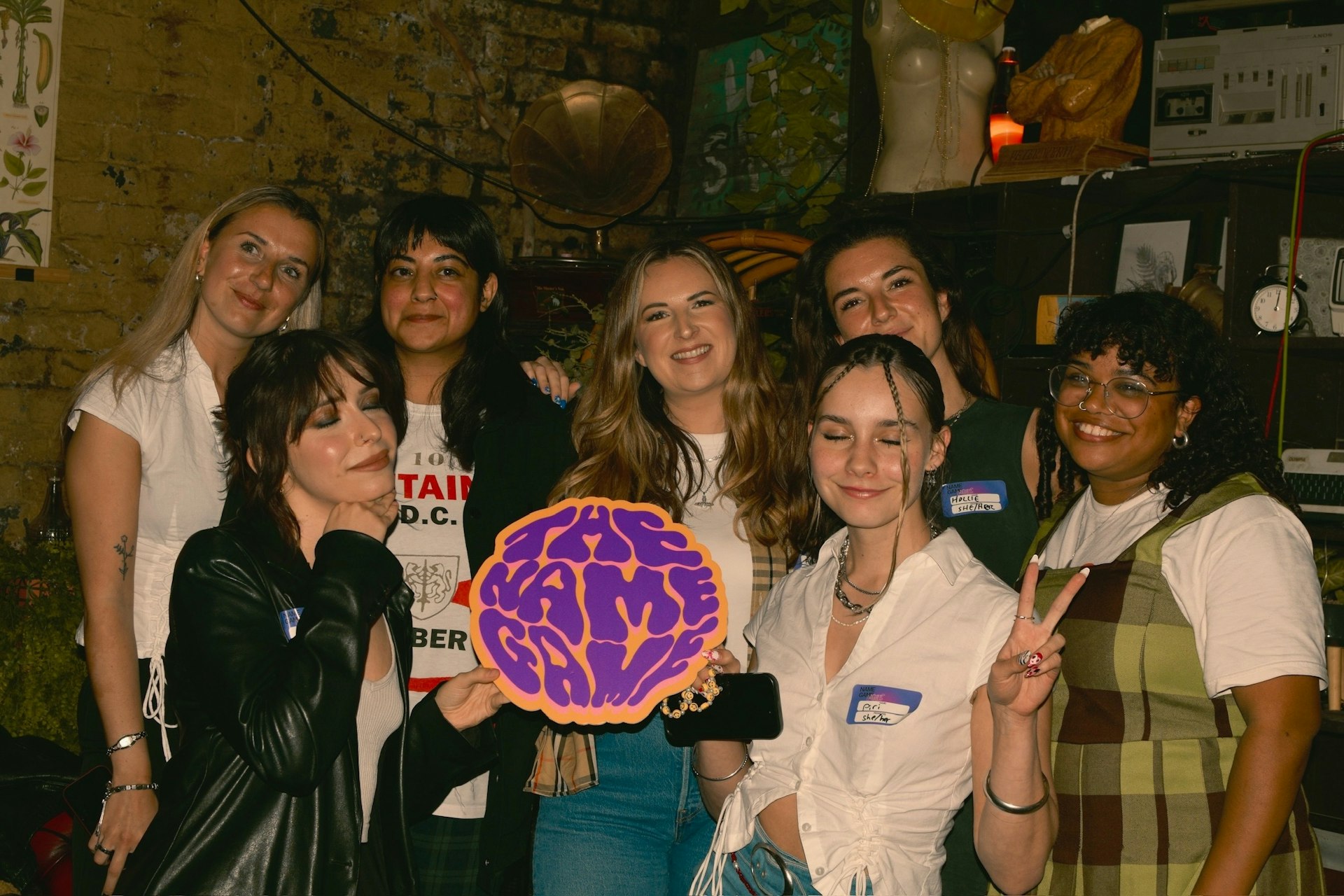São Paulo mayor receives backlash for offering ‘kibble’ to the malnourished
- Text by Biju Belinky

João Dória, the mayor of São Paulo, Brazil, has come under fire for introducing a policy that completely undermines the dignity of low-income communities.
The criticism focuses on “Allimento” – a dry food supplement which is set to be distributed to the malnourished of São Paulo. Made through freeze-drying food that would otherwise be thrown away, the supplement – which looks liked dried biscuits – is often near-expiration. It’s been given the nickname of “human kibble” by some online users.
The food is set to be processed with a product known as Farinata – a type of flour produced by Instituto Plataforma Sinergia. Its adoption as a supplement comes as a result of the Alimento Para Todos (Food For All) program, set up 10 days ago by the Mayor to “combat food waste.”
Lançamos o programa Alimento para Todos durante o evento "Você e a Paz", onde tive o privilégio de ser homenageado. #AceleraSP pic.twitter.com/WetoLkb9Tb
— João Doria (@jdoriajr) October 9, 2017
In his initial declaration, Dória posed with jars of the supplement, all of which were emblazoned with the stickers of saints. He declared São Paulo to be just the beginning, and announced plans to expand to the rest of Brazil, where approximately 7,2 million people suffer from malnutrition. Currently, Instituto Plataforma Sinergia, who produce the Farinata, have been found not to have an active factory, nor do they have the ability to mass produce, as reported by Catraca Livre.
The true core nutritional value of the “kibble” is undetermined, as is the way it is produced, which also remains uncertain.
Dória has called the flour “blessed”, and representatives of the Catholic Church – despite being theoretically separate from the state in Brazil – have been quick to express support for the mayor.
The Regional Board of Nutritionists, however, has expressed their strong distaste for the product. In a statement, representatives declared the proposal to be “against the principles of The Human Right to Adequate Food (DHAA), as well as the nutritional guide for the Brazilian population”, and a “total disrespect to the advances of the last decades within the field of food safety and the public policies in regards to fighting hunger and malnutrition.”
Criticism was also spread far and wide on social media. One of the top comments in the official mayoral announcement reads: “All of you who think this is amazing, why don’t you donate your food to those who are starving and eat only this kibble instead? Since there’s no problem there, donate your everyday rice, beans, steak and salad to the poor and keep the animal food provided by your favourite politician!”
In reply to criticism and entirely missing the point, Dória blames “ideology and party politics”, and affirms that the product was made by scientists.
What the mayor completely fails to recognise is that food isn’t merely a way to subsist and inject vitamins into the system like some post-apocalyptic films would suggest – it is a basic human right, and giving hungry people nutritional flour does not fill the social and cultural quality of an actual meal.
This is just one of many of Dória’s decisions that show a complete disregard towards the humanity of those in low income and homeless population of São Paulo. Earlier in the year, he requested for the forceful sectioning of homeless drug users by police. As well as that, the mayor encouraged the limitation of certain lunchtime foods in the public school sector, with kids being stamped or marked to ensure they were unable to get second helpings of food.
This week, after the backlash, Dória and other representatives of the Town Hall have backpedalled slightly; declaring that the distribution of “kibble” still has no specified start date. Its distribution has also yet to be strictly agreed with Instituto Plataforma Sinergia.
Enjoyed this article? Like Huck on Facebook or follow us on Twitter.
Latest on Huck

Three decades behind the scenes of the music industry
Eddie Otchere’s ‘Spirit Behind the Lens’ is a story of music and culture that crosses and transcends borders.
Written by: Isaac Muk

Barry Keoghan, Franz Rogowski and Andrea Arnold on ‘Bird’
The new issue of Little White Lies brings Andrea Arnold’s sixth feature to life with a thematic voyage down the Thames estuary.
Written by: Maisy Hunter

“A party is a microcosm of a nation”: Caleb Femi on the decline of the house party
To celebrate the publication of his new collection ‘The Wickedest’, Isaac Muk caught up with Femi to talk more about the work, the future of the shoobs, and discuss why having it large on a Saturday night should be cherished.
Written by: Isaac Muk

Celebrating 20 years of The Mighty Boosh
A new exhibition takes a look behind the scenes of the iconic show two decades after its BBC3 premiere.
Written by: Isaac Muk

We Run Mountains: Black Trail Runners tackle Infinite Trails
Soaking up the altitude and adrenaline at Europe’s flagship trail running event, high in the Austrian Alps, with three rising British runners of colour.
Written by: Phil Young

The organisation levelling the playing field in the music industry
Founded in 2022, The Name Game is committed to helping female, non-binary and trans people navigate the industry.
Written by: Djené Kaba